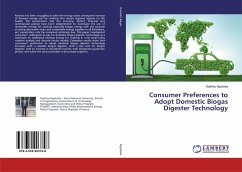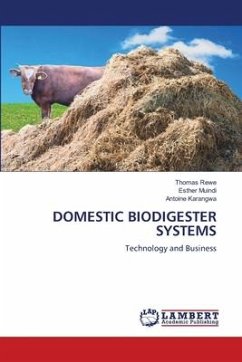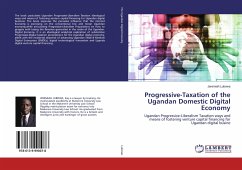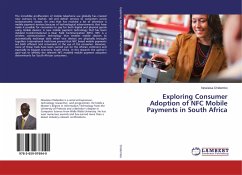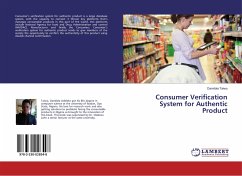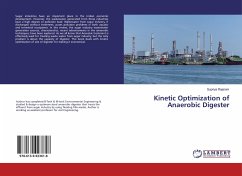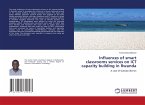Rwanda has been struggling to solve the energy issues consequent increase of biomass energy use for cooking that causes negative impacts on the health, the environment and the economy. Distinct financial and nonfinancial policies have been implemented to incentivize the use of renewable energy for cooking especially biogas energy with the purpose of giving alternative clean and sustainable energy supplies to all Rwandans, yet, penetration rate has remained extremely low. This paper investigated consumers' willingness to pay for domestic biogas digester technology as a substitute to traditional biomass energy for cooking in rural areas using conjoint analysis and discrete choice models. Estimation results show that consumers' preference to adopt domestic biogas digester technology increases with a sizeable biogas digester, with a low cost for biogas digester, with an increase in household income, with substantial guarantee period, and when the service provider is the private suppliers.
Bitte wählen Sie Ihr Anliegen aus.
Rechnungen
Retourenschein anfordern
Bestellstatus
Storno

